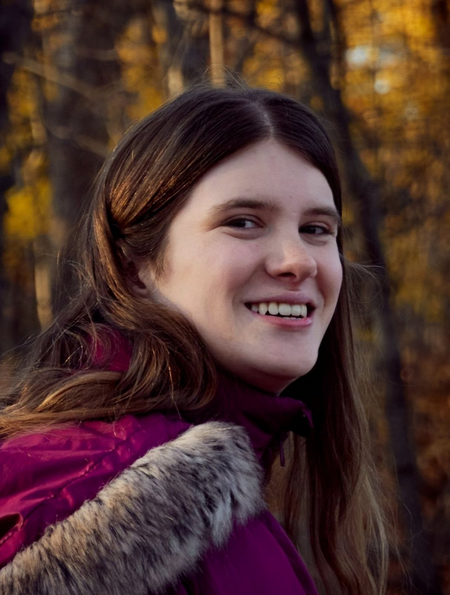The public clouds are the most powerful general-purpose computers ever
assembled, allowing individuals to rent their power at unlimited
scale, on demand. This makes “the cloud” the biggest game-changer in
computing access since the adoption of the PDP-11 minicomputer in the
early 1970s. However, unlike the advent of UNIX and C for PDP-11, an
organic programming model has yet to emerge for the cloud. History
suggests that the real innovation on new platforms comes when the
right programming model is introduced.
The challenge of helping developers program the cloud spans areas:
Programming Languages, Distributed Systems, Databases, and Operating
Systems, to name a few. In this seminar we will read research papers
together, and bootstrap new efforts in this area.
UNIX and UNIX-like systems are increasingly being used on personal
computers, mobile phones, web servers, and many other systems. They
represent a wonderful family of programming environments useful both
to computer scientists and to people in many other fields, such as
computational biology and computational linguistics, in which data is
naturally represented by strings. This course takes students from
shell basics and piping, to regular-expression processing tools, to
shell scripting and Python. Other topics to be covered include
handling concurrent and remote resources, manipulating streams and
files, and managing software installations.
Compilers are a subject fundamental to Computer Science, helping
bridge the gap between a program’s abstract semantics and the target
machine’s capabilities. In this course, we follow Andrew
Appel’s curriculum to
design and build a compiler from scratch, in a radically collaborative
and open-ended environment.

